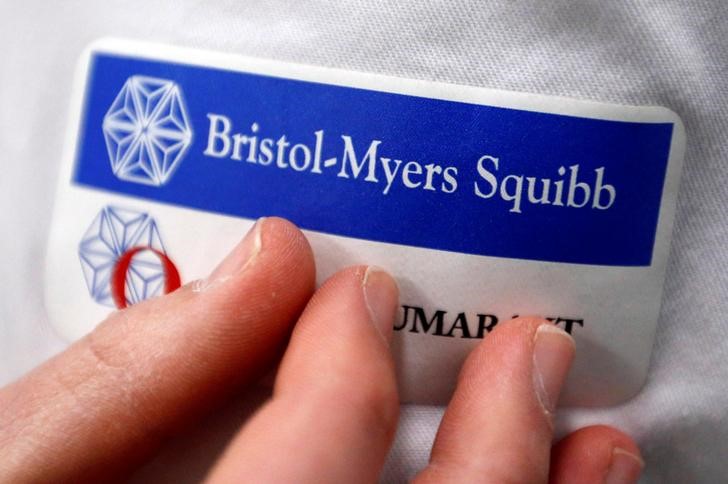Berkshire Hathaway reveals $4.3 billion stake in Alphabet, cuts Apple
PRINCETON, N.J. - Bristol Myers Squibb (NYSE:BMY) and Johnson & Johnson have stopped their Phase 3 Librexia ACS trial after an independent review found the study was unlikely to meet its primary efficacy endpoint, according to a company press release.
The trial was evaluating milvexian, an oral factor XIa inhibitor, when added to standard antiplatelet therapy for patients who recently experienced acute coronary syndrome. The decision followed a scheduled interim analysis by the Independent Data Monitoring Committee.
No new safety concerns were identified with milvexian, and the safety profile remained consistent with previous studies of the investigational drug.
The companies will continue with two other Phase 3 trials in the Librexia program: Librexia AF for atrial fibrillation patients and Librexia STROKE for secondary stroke prevention. Both studies are expected to produce topline data in 2026.
"Together with Johnson & Johnson, we remain confident in the potential of milvexian to redefine anticoagulant therapy," said Roland Chen, senior vice president at Bristol Myers Squibb. He noted that the continuing studies differ from the discontinued ACS trial in patient populations, endpoints, background therapy and disease pathology.
Robert A. Harrington, Librexia program chair, said the results "confirm the complexity of treating ACS" while noting that factor XIa inhibition "continues to be a promising mechanism within the broader thrombotic treatment space."
Milvexian is designed to prevent harmful blood clotting while preserving normal clotting processes, potentially reducing major cardiovascular events without significantly increasing bleeding risk.
The Librexia program is evaluating over 50,000 patients across its three Phase 3 studies and is described as the most comprehensive anti-FXIa clinical development program to date.
In other recent news, Bristol Myers Squibb reported a quarterly earnings performance that exceeded analyst expectations, leading to positive market reactions. The company has also announced a €5 billion public offering of senior unsecured notes, which will be issued in five tranches with varying maturities up to 2055. Additionally, Bristol Myers Squibb is set to present new data on Camzyos at the upcoming American Heart Association’s Scientific Sessions, highlighting its efficacy and safety for treating symptomatic obstructive hypertrophic cardiomyopathy.
In another development, Bristol Myers Squibb and Sarah Cannon Research Institute have expanded their strategic collaboration to enhance cancer therapy development and access to clinical trials in the U.S. This partnership aims to connect Bristol Myers Squibb’s oncology pipeline with Sarah Cannon’s research infrastructure. Furthermore, BioNTech reported a significant revenue surge in the third quarter, largely due to its collaboration with Bristol Myers Squibb, despite missing earnings expectations. BioNTech’s revenue increase was supported by a $1.5 billion payment from Bristol Myers Squibb, contributing to its overall financial performance. Bernstein SocGen Group maintained its Market Perform rating on Bristol Myers Squibb, indicating a stable outlook for the company.
This article was generated with the support of AI and reviewed by an editor. For more information see our T&C.
